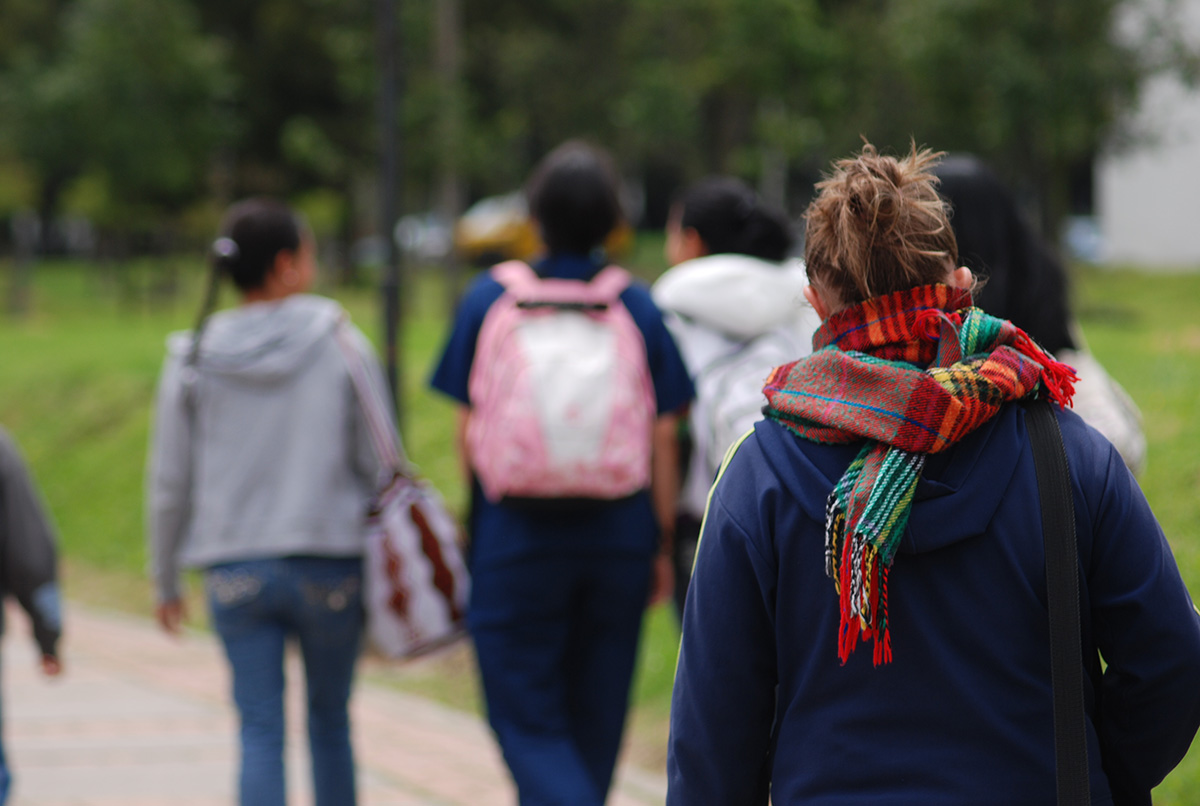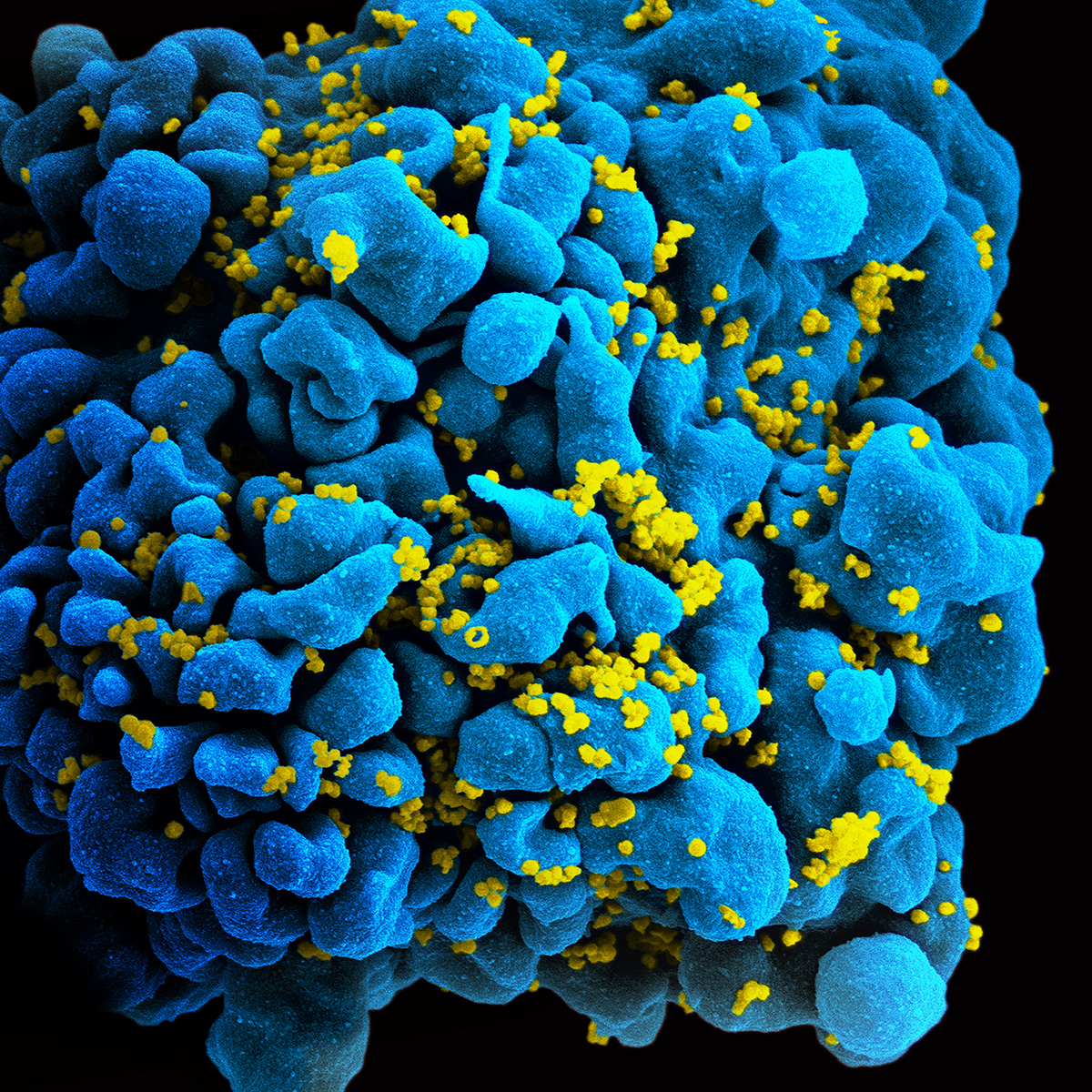This monoclonal antibody is known as VRC01 and initially used in primates was cloned from people with AIDS and neutralized several virus types from Africa, America, and Asia, in a way necessary to be effective in humans.
In treatments with simians, some of these antibodies have demonstrated to protect against HIV for intracervical and vaginal infections. Researchers have not been able to research the same for the penis due to the difficulty of obtaining a sample of the area.
"They have established that in monkeys the antibody lasts more in the vagina than in the rectum; to date there have been three clinical studies to assess the safety and tolerance in humans with potentially effective doses," said Dr. María Lemos, member of the Vaccine Unit at Fred Hutchinson Cancer Research Center and head of one of six tandem Max Planck Institution research groups which will begin operations in Colombia in July of 2017.
The new science team will strengthen the research capability of the Universidad Nacional de Colombia (UNal) with a new level 3 biosafety laboratory (BSL3), the first of its kind in a public higher education institution in Colombia.
No secondary effects
In tests carried out in more than 100 participants, they have not recorded any secondary effects. A person needs to be vaccinated with the virus every two months, although the ideal scenario would be to guarantee its effect for six months.
Despite the progress in the last years to reduce the impact of AIDS, particularly in regards to blood transfusions and mother-child transmission, in cases linked to sexual transmission, there have not been significant advancements.
Lemos says the risk in women with heterosexual relationships is two times greater than in men with homosexual relations, although the cause is unknown.
Furthermore, in regards to educational measures and risk awareness, some countries (Colombia not included) have decided to incentivize voluntary male circumcision as pre-exposure prophylaxis (PrEP) and the development of vaccines and microbiocides.
Scientists are hoping to achieve a type of cell immunity through CD4 cells "which effectively coordinates the response of other cells" or with CD8 cells which are in charge of killing cells that have been infected by the virus.
Considering the main defense mechanism against extracellular microorganisms and their toxins, humoral immunity essentially uses B cells which are part of the immune system and therefore produce antibodies.
Vaccines seek a response to antibodies with affinity to them so they can focus in part on the proteins of the virus which when they mutate compromise their effectiveness.
The scientific community has carried out great efforts to develop a vaccine from CD8 cells to trap infected cells and in this sense the Vaccine and Gene Therapy Institute of the Oregon Health & Science University (OHSU) carried out an experiment where the virus was controlled in 50 vaccinated monkeys.
Max Planck Institutes Association are considered the most important basic research institute in the world with 90 research centers in Europe, 4 in America including United States, Argentina, Chile, and Colombia.
Once the six groups are in operation they will enhance cooperation and research of UNal with the Universidad de Antioquia, boosting national and regional research.
In the near future they hope to strengthen ties between the Max Planck Society Institutes and the Colombian Science and Technology System, encouraging experience swapping for scientific development.
 Correo Electrónico
Correo Electrónico
 DNINFOA - SIA
DNINFOA - SIA
 Bibliotecas
Bibliotecas
 Convocatorias
Convocatorias
 Identidad UNAL
Identidad UNAL







